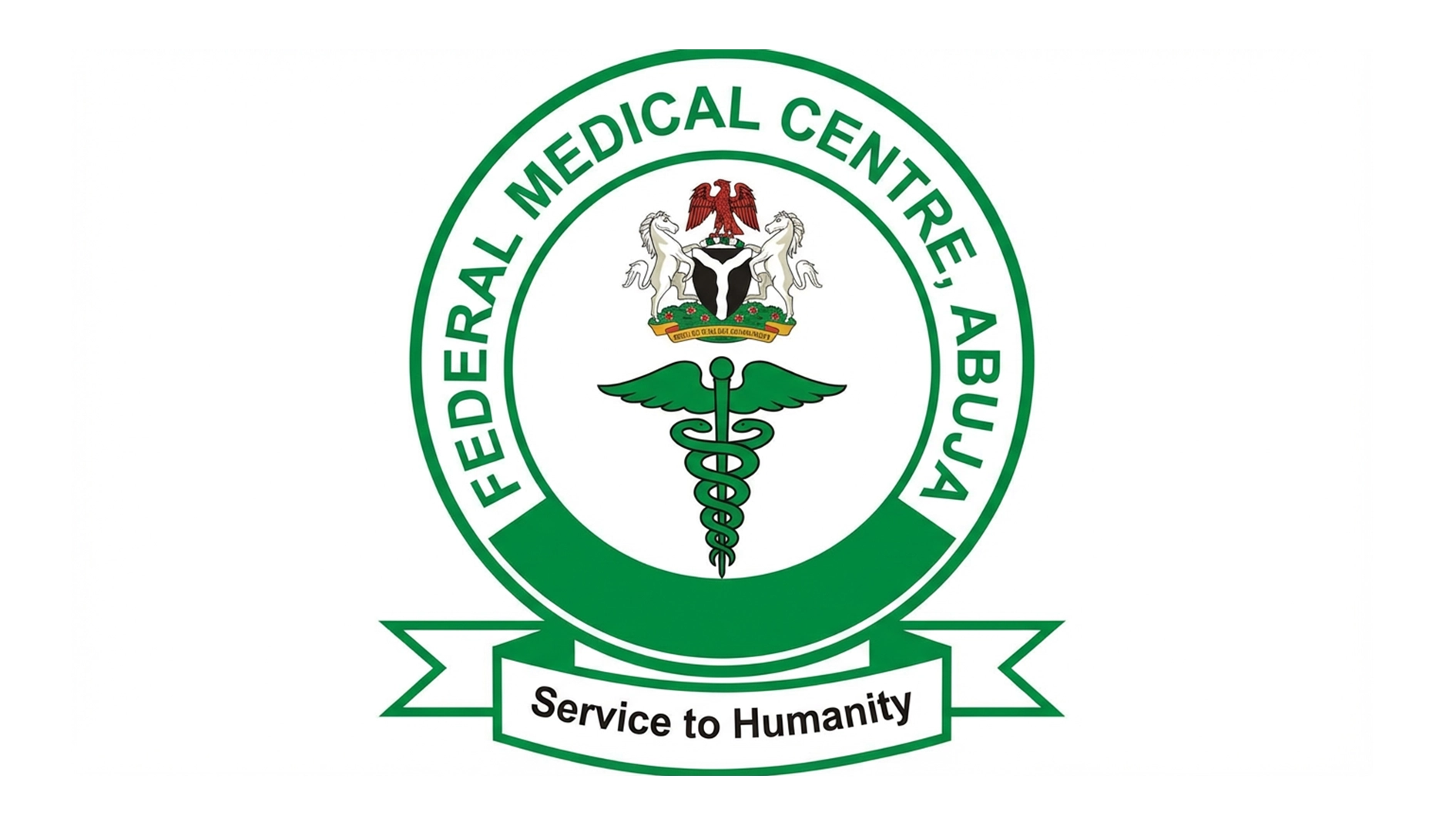The Federal Government plans to recruit, train, and deploy 70,000 Community-Based Health Workers (CBHWs) by 2029 as part of efforts to strengthen primary healthcare and improve access to essential services across underserved communities.
This was disclosed by the Executive Director of the National Primary Health Care Development Agency (NPHCDA), Dr. Muyi Aina, on Tuesday at the opening of the Continental Community Health Consultation in Abuja.
The meeting, convened by the Africa Centres for Disease Control and Prevention (Africa CDC) in collaboration with UNICEF, aims to validate the 2024 Community Health Landscape Survey and establish a roadmap toward achieving the African Union’s target of deploying 2 million Community Health Workers (CHWs) by 2030.
Aina said the national plan seeks to deploy one CBHW per 250 households, with the goal of reaching over 160 million Nigerians. The workers will deliver services including immunization, health education, epidemic surveillance, and build community trust and ownership.
He noted that the redesigned programme would professionalize community health delivery by integrating CBHWs into formal health systems.
“NPHCDA, in collaboration with states and partners, has redesigned the community health programme to provide more relevant services delivered by professionalized community health workers,” he said.
The agency, Aina added, will provide a time-limited salary support scheme to enable states to recruit CBHWs and eventually transition them into the civil service. So far, Bauchi, Borno, Niger, Kaduna, Yobe, Zamfara, Katsina, and Ebonyi states have signed onto the framework, while five states have commenced recruitment.
“NPHCDA will also provide training, job aids, commodities, and digital tools to ensure delivery of integrated services to communities,” he said.
Aina described the meeting as “a continental call to action” and stressed Nigeria’s commitment to making community health the foundation of Universal Health Coverage.
Also speaking, UNICEF Representative in Nigeria, Ms. Wafaa Saeed Abdelatef, reiterated the organisation’s support for strengthening community-based primary health care as a path to achieving health equity.
“UNICEF champions community-based primary healthcare as key to reaching zero-dose and under-immunised children,” she said, noting that current trends point to the AU’s goal of deploying 2 million CHWs by 2030 as achievable.
“With increased investment, including domestic contributions, an additional 1 million community health workers could be operational within the next three to four years,” she said. “Community-based primary health care, led by trained and dedicated CHWs, is transformative. It has significantly reduced under-five mortality and expanded health services in countries like Rwanda, Malawi, and Ethiopia.”
Abdelatef further stated, “The economic benefits are compelling. For every one dollar spent, the return on investment in community health exceeds ten dollars. To realise this vision, we must move from rhetoric to action.”
Director of Primary Health Care at Africa CDC, Dr. Landry Dongmo Tsague, said the centre is driving strategic advocacy and coordination to institutionalize CHWs as the backbone of primary health care across the continent.
He emphasized that the African Union’s decision to deploy 2 million CHWs by 2030 aligns with the Lusaka Agenda, which prioritizes sustainable health financing and mutual accountability.
“At the heart of the Lusaka Agenda lies the pivotal role of Community Health Workers, who are essential to delivering Universal Health Coverage and fortifying our continent against future health threats,” Tsague said.
He assured that the Africa CDC would continue working with Member States and partners to embed community health as the cornerstone of Africa’s health systems. “Together, through coordinated efforts, data-driven action, and relentless advocacy, we can ensure that no community is left behind and every frontline health worker is empowered and supported,” he said.






